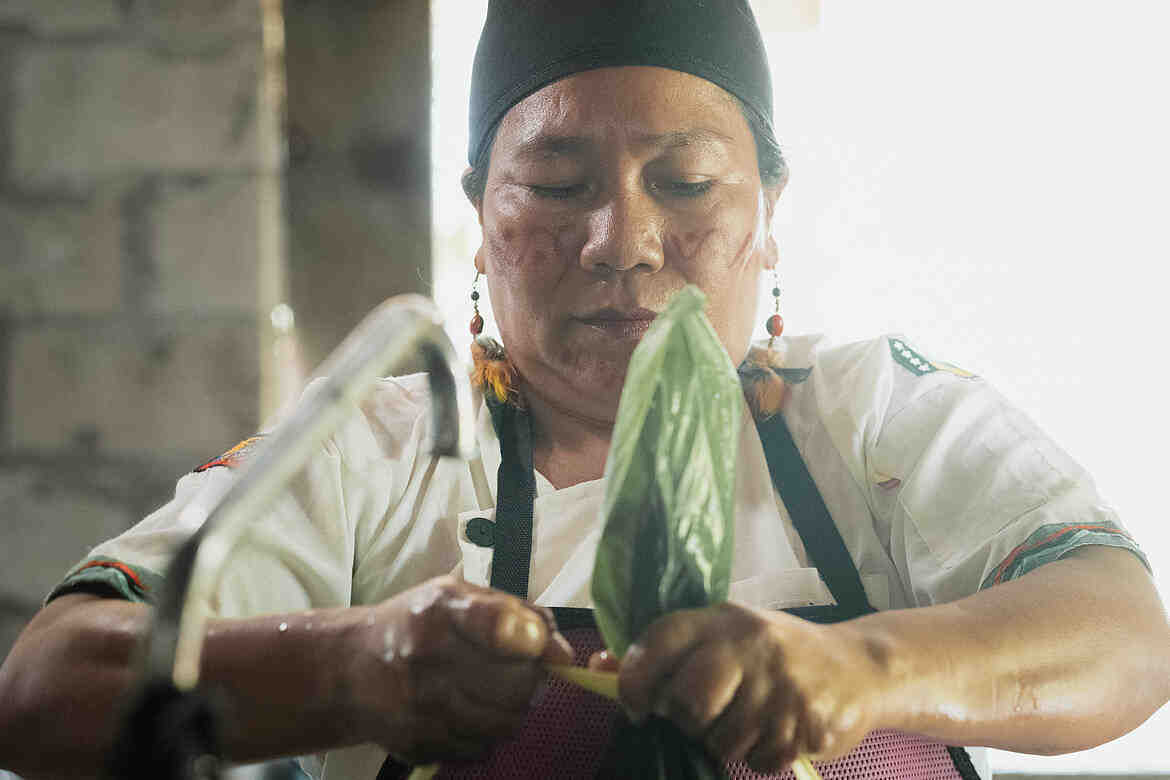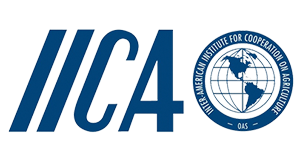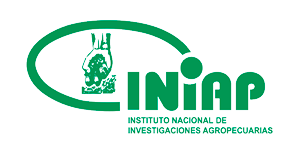Bioeconomy and Millennial Food Security in the Ecuadorian Amazon, Ecuador
La Asociación Challuwa Mikuna,de Orellana- Ecuador redefine la seguridad alimentaria y la sostenibilidad a través de la innovación culinaria en su restaurante "Maitos del Yasuní", promoviendo el desarrollo local y la conservación en la Amazonía.
Context of the story
In Ecuador, the growing demand for food security emphasizes the need for access to nutritious and sustainable food, especially in biodiverse areas like the Amazon. The Challuwa Mikuna association in Orellana is an example of how communities can adapt to these demands through sustainable agricultural practices and transforming challenges into opportunities. Founded in 2007, this association has evolved from relying on hunting and fishing to excelling in sustainable gastronomy with its restaurant "Maitos del Yasuní," symbolizing the community's resilience and prosperity.
From Hunters to Guardians: The Rebirth of Challuwa Mikuna
The implemented initiative
In Francisco de Orellana province, Ecuador, the Challuwa Mikuna organization stands out as a model of female and community empowerment in the bioeconomy. Originally engaged in the sale of wild products, these Kichwa and Shuar women faced legal restrictions that led them to shift their focus towards sustainable gastronomy. With support from the Ministry of Environment, the Ministry of Tourism of Ecuador, UNDP, and the “Indigenous Amazon: Rights and Resources (AIRR)” project funded by USAID, they have enhanced the "Maitos del Yasuní" restaurant. This establishment focuses on preserving ancestral Amazonian cuisine, introducing gourmet dishes with local ingredients such as white cocoa and chonta.
Innovation and Tradition: The Success of Maitos del Yasuní
The technological solution
The Challuwa Mikuna Association, transformed by the Yasuní Program and the Indigenous Amazon: Rights and Resources project, is a clear example of how innovation and cooperation can change communities. Previously sustained by the informal sale of wild animal meat, this practice, threatening biodiversity, led to sanctions from the Ecuadorian Ministry of Environment. With training and financing, they transformed into a reference for Kichwa gourmet cuisine, highlighting the Maitos del Yasuní restaurant, aligned with environmental conservation and respect for wildlife. This transformation positively impacted the local economy, creating jobs and strengthening the economy with a diversified gastronomic offer. Socially, the project revitalized the social and cultural fabric, empowering women and strengthening cultural identity. Additionally, it promotes sustainability by aligning with five Sustainable Development Goals, demonstrating that it is possible to turn challenges into sustainable and beneficial opportunities.
The restaurant is a tribute to our culture and traditions.
Type of project
Results
The ambition of Challuwa Mikuna to expand into other Amazonian provinces presents challenges that require investments, cultural adaptation, and advanced logistics. To overcome these challenges, the organization employs a multifaceted approach that includes continuous training, community empowerment, menu diversification, and collaboration with governmental entities and NGOs. Strengthening technical and operational capacities through strategic alliances is essential to address future challenges. Challuwa Mikuna's success, anchored in bioeconomy principles and empowerment, serves as a model for sustainable development, although replicating this model elsewhere requires specific adaptations and a solid understanding of local regulations. Moreover, effective promotion and the formation of strategic alliances are crucial to scale and adapt the model in new markets, ensuring its sustainability and long-term legacy.
Relevant data
The impact of the Challuwa Mikuna association on various aspects of the community and environment in the Orellana province, Ecuador.
_17_05_281.png)
The Success of Maitos del Yasuní

Participating Organizations
Project Information






 Colombia
Colombia Ecuador
Ecuador

